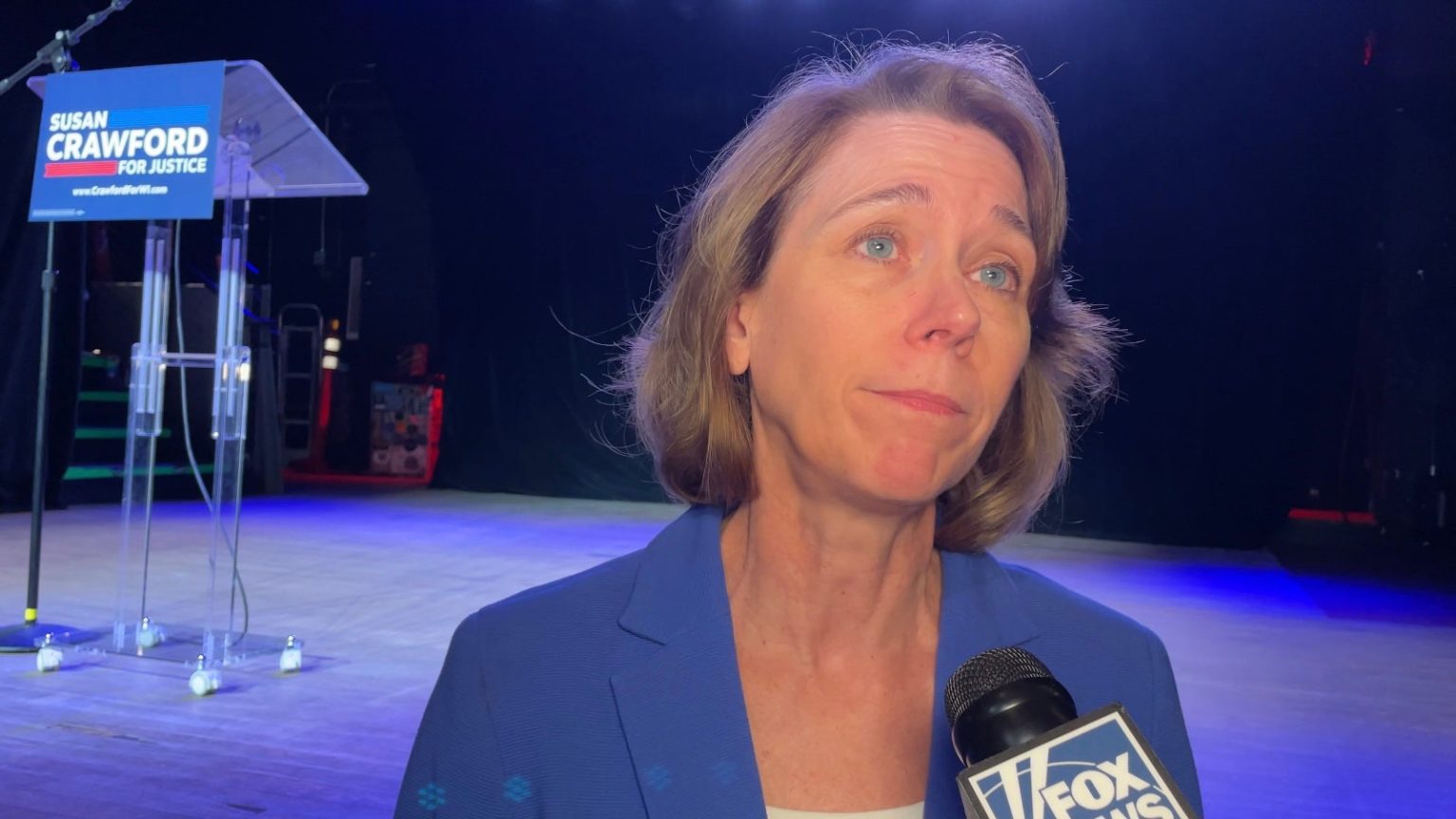In a significant electoral decision, voters in Wisconsin have chosen Susan Crawford, a liberal-leaning candidate, as the victor of the high-stakes Supreme Court election, effectively maintaining the progressive majority of the court. This historically expensive election, overshadowed by massive financial contributions from both Democrat and Republican entities outside the state, serves as a referendum on critical issues including voting rights, labor rights, and abortion. The race not only highlighted the political landscape shaped by the Trump administration but also emphasized the influence of billionaire donors, notably Elon Musk, who engaged in controversial fundraising tactics leading up to the election.
| Article Subheadings |
|---|
| 1) The Significance of the Election Results |
| 2) The Role of Big Money in Politics |
| 3) Candidate Profiles: Schimel vs. Crawford |
| 4) Voter Sentiments and Electoral Dynamics |
| 5) Implications for the Future of Wisconsin’s Supreme Court |
The Significance of the Election Results
The recent Supreme Court election in Wisconsin marks a pivotal moment in the state’s political climate, with the victory of Susan Crawford over her opponent Brad Schimel. Crawford’s win not only secures a continuation of liberal control over Wisconsin’s highest court but also shapes the future of numerous key issues, including redistricting and various civil rights. This contest attracted national attention and became a flashpoint for broader partisan struggles, signaling the stakes involved in not just the court’s composition but also the direction of state policies for years to come.
The Role of Big Money in Politics
This election became notorious for its unprecedented financial backing, transforming it into the most expensive judicial race in U.S. history. The influx of cash stemmed largely from both Democrat-aligned and Republican-backed outside groups, with substantial contributions amounting to millions, thus raising concerns about the influence of money in politics and the potential implications for judicial impartiality. Prominent billionaire Elon Musk alone funneled approximately $20 million to support conservative causes and candidates, a strategy that drew criticism across the political spectrum. Musk’s tactics included giving away $1 million checks to early voters during campaign events, a move that struck many as an attempt to sway the election in favor of Schimel amidst accusations of attempting to buy judicial influence.
Candidate Profiles: Schimel vs. Crawford
Brad Schimel, the conservative candidate and former state attorney general, positioned himself as a choice for voters wanting to uphold traditional values and maintain Trump’s agenda within Wisconsin. Despite his efforts, which included holding multiple rallies and gaining endorsements from notable political figures, Schimel ultimately conceded defeat on election night after the results were announced. Conversely, Susan Crawford, a circuit court judge with a reputation for progressive stances, capitalized on a motivated voter base desiring to resist the current federal administration’s influence in state affairs. She framed the election not merely as a seat on the court but as a moral battle for the rights and freedoms of Wisconsin residents.
Voter Sentiments and Electoral Dynamics
The mood among voters leading up to the election indicated a clear rejection of the previous administration’s controversial actions. Many voters expressed a sense of urgency regarding their rights and the judicial system’s role in protecting them. Crawford’s campaign successfully tapped into this sentiment, highlighting concerns over a potential radical shift in state laws if Schimel were to win. Voter turnout was notably high, reflecting a populace engaged and eager to express their views on critical judicial issues. As Crawford stated, the election outcomes were vital to ensuring a fair representation of the state’s diverse interests and rights.
Implications for the Future of Wisconsin’s Supreme Court
Following the election, the implications for the Wisconsin Supreme Court are significant. With Crawford’s victory secured, the liberal majority remains intact, allowing for potentially transformative decisions on pivotal issues such as abortion rights, labor laws, and voting regulations. The court’s composition could greatly influence the state’s political landscape, as matters like congressional redistricting come to the forefront. As the country watches closely, Wisconsin’s Supreme Court is poised to play a critical role in determining not only state-level outcomes but also national precedents, as the polarized environment amplifies the focus on judicial matters.
| No. | Key Points |
|---|---|
| 1 | Susan Crawford wins Wisconsin Supreme Court election, maintaining a progressive majority. |
| 2 | The race became the most expensive judicial election in U.S. history with significant contributions from billionaires. |
| 3 | Brad Schimel attempted to align his campaign with Trump’s political agenda but ultimately conceded defeat. |
| 4 | Voter sentiments reflected a strong desire for change, against the backdrop of the Trump administration’s policies. |
| 5 | The court’s decision-making could have significant effects on future laws regarding abortion, voting rights, and labor rights. |
Summary
The election of Susan Crawford to the Wisconsin Supreme Court reinforces the state’s progressive judicial direction, amidst a backdrop of intense political fundraising and strategic campaigning. As this election underscores the growing influence of wealthy individuals and external interests in local politics, it raises important questions about the future integrity of judicial appointments. With critical issues slated to come before the court in upcoming terms, the ramifications are likely to extend beyond Wisconsin’s borders, influencing national conversations on civil rights and governance.
Frequently Asked Questions
Question: What were the primary issues at stake in the Wisconsin Supreme Court election?
Key issues included voting rights, abortion legislation, and labor laws, which will significantly influence state policies moving forward.
Question: How did Elon Musk’s contributions impact the electoral race?
Musk’s significant financial contributions, totaling around $20 million, raised concerns regarding the influence of money in politics, particularly in the judicial system.
Question: What does Susan Crawford’s win mean for the future of Wisconsin’s Supreme Court?
Crawford’s win ensures the continuation of a liberal majority, enabling progressive rulings on crucial issues that may deeply affect the rights of Wisconsin residents.


